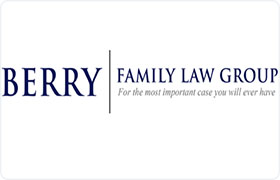 Lilburn Workout Lawyers, Georgia
Lilburn Workout Lawyers, Georgia
Sponsored Law Firm
-
 x
x

Click For More Info:
-
Berry & Associates
2751 Buford Highway NE Suite 600 Atlanta, GA 30324» view mapBankruptcy For the Most Important Case You'll Ever Have
We know how important your case is. And we know we really only have one, best chance to get it right. And we will.
404-235-3328
Lawyers
1-4 of 4 matches
Workout, Reorganization, Credit & Debt, Commercial Bankruptcy
Bankruptcy, Commercial Bankruptcy, Workout, Credit & Debt
Accident & Injury, Lawsuit & Dispute, Workout, Securities, Property Damage



 Matthew Berry Atlanta, GA
Matthew Berry Atlanta, GA AboutBerry & Associates
AboutBerry & Associates Practice AreasSpecializations
Practice AreasSpecializations